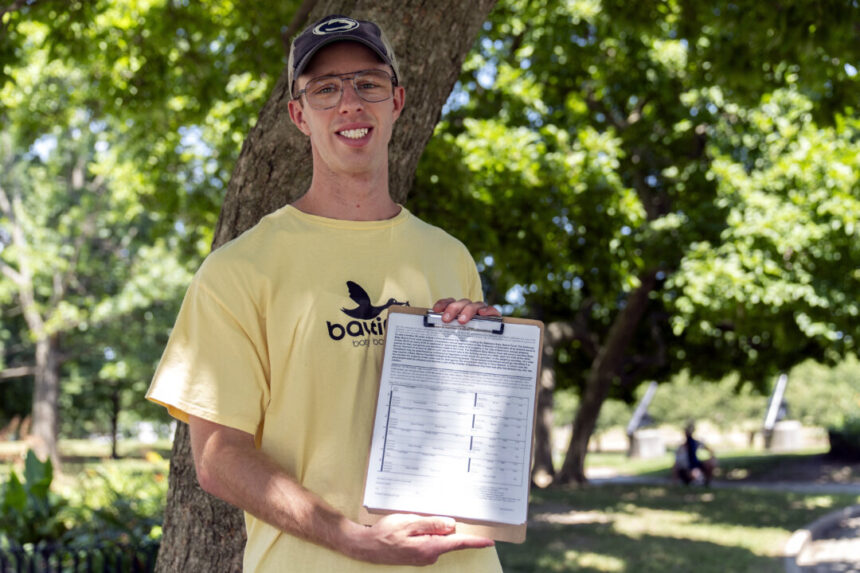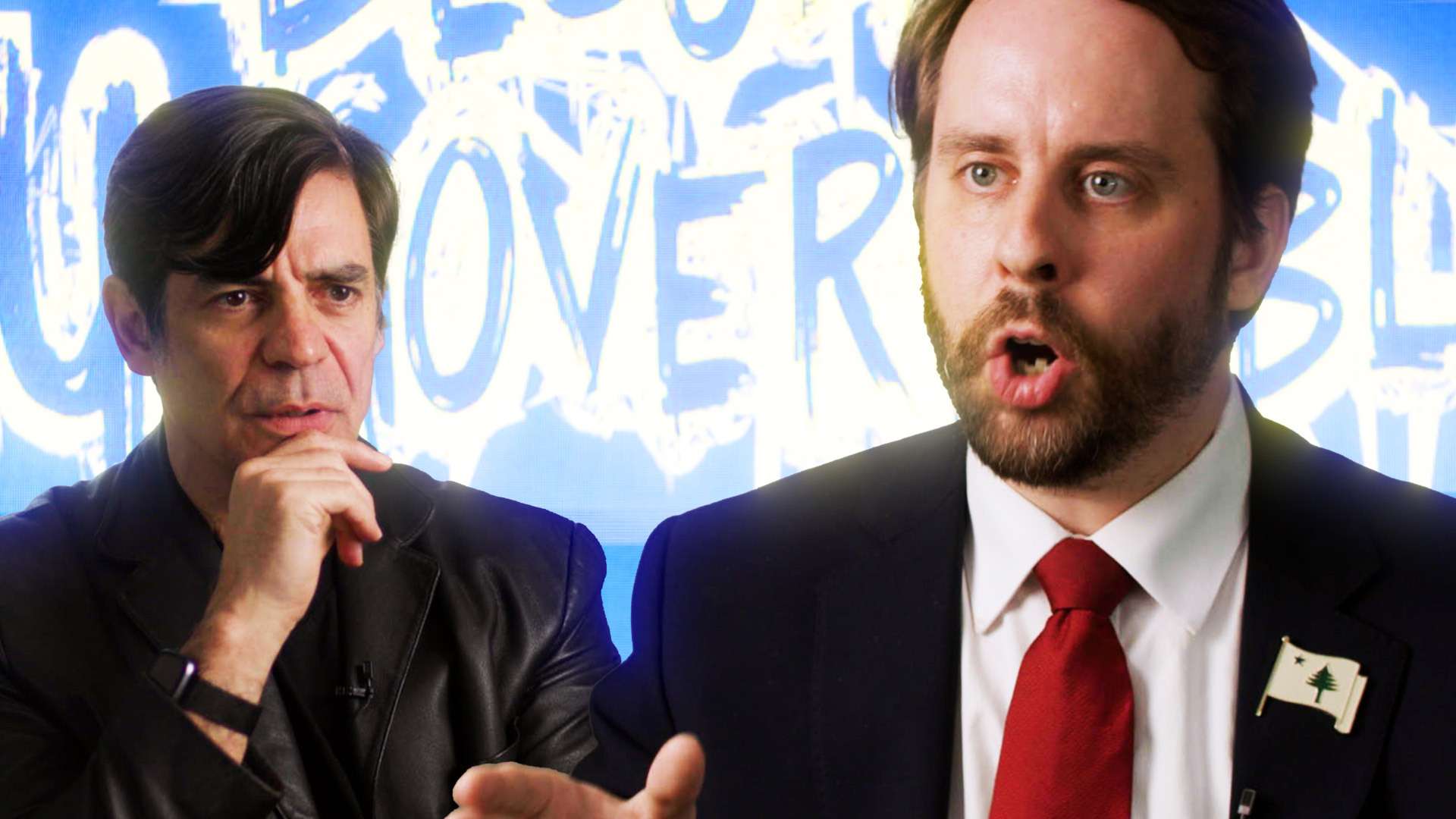New parents in Baltimore, Maryland, may be eligible to receive a $1,000 “baby bonus” if voters approve the proposal in November. The Baltimore Baby Bonus Fund, a proposed charter amendment led by a group of Baltimore teachers, aims to combat childhood poverty from birth. They have garnered the necessary 10,000 signatures to bring the question to voters as a ballot initiative in November.
If the ballot measure is approved by voters, starting in 2025, all new parents, including adoptive parents, in Baltimore will be entitled to a one-time payment of at least $1,000. The amount each year will be determined by the Baltimore City Council using various data sources, including surplus funds in the account, historical data, birth rates, and projected property values.
With an estimated 7,000 children born in Baltimore annually, the program is expected to cost around $7 million per year, which is approximately 0.16 percent of the city’s annual operating budget, according to supporters. The initiative will not lead to increased taxes, but rather funds will be allocated by Baltimore’s City Council if it is passed.
The funding for the program will be generated through an annual appropriation of at least $0.03 on every $100 of assessed property value in Baltimore, as well as through grants and donations.
The campaign organizers emphasize a universal approach for the program to help cover the costs of establishing and implementing a qualification system. They believe that while more systemic changes are required on a national level to alleviate poverty, providing new parents with a modest $1,000 payment could serve as an initial step.
In Baltimore, around 31 percent of school-aged children are currently living in poverty, based on census data, compared to a national rate of 12 percent.
The Baltimore initiative draws inspiration from a similar program launched this year in Flint, Michigan, where women receive financial support during and after pregnancy. Nate Golden, a high school math teacher leading the Baltimore initiative, stresses the importance of inclusivity to benefit all families, particularly the most vulnerable ones.
Furthermore, in 2022, Baltimore initiated a two-year pilot program utilizing federal COVID-relief funds to provide guaranteed income assistance to young parents, demonstrating positive outcomes such as increased housing stability and improved mental health.
‘ENOUGH Act’
Maryland Governor Wes Moore has introduced the “ENOUGH Act” to combat poverty and address generational challenges. The act aims to transform distressed communities into thriving areas with quality education, employment opportunities, safe neighborhoods, housing, and economic growth.
“We’ve had enough of poverty, crime, and systemic challenges going unaddressed. We are committed to building a future where all communities have access to top-notch amenities and opportunities,” said Governor Moore.
Associated Press contributed to this report.
Could you please rephrase this sentence?
Source link





